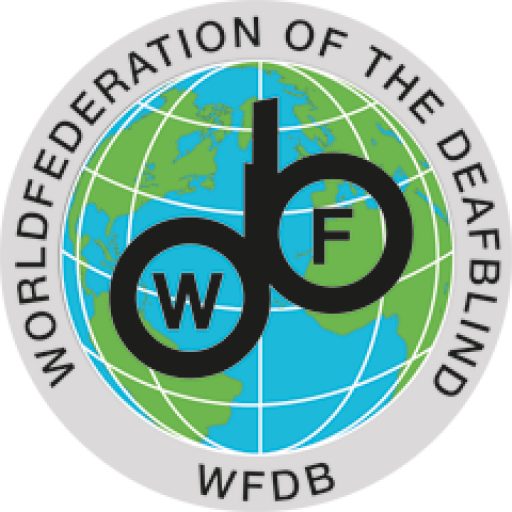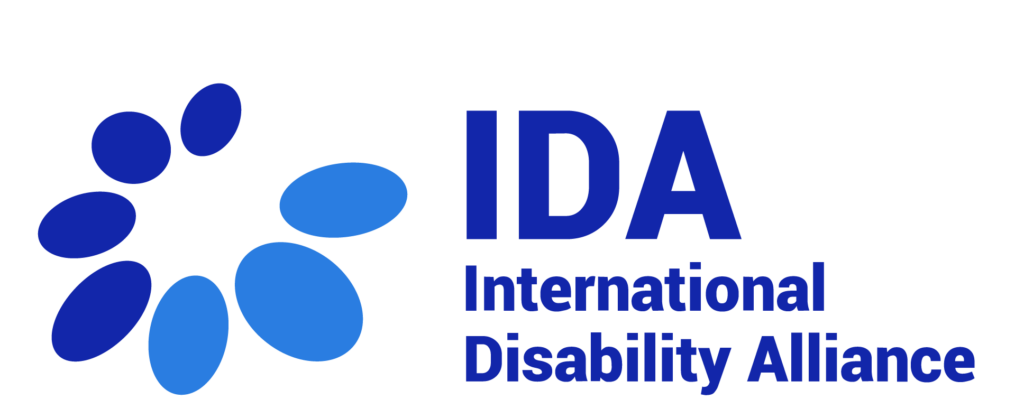
WFDB
The World Federation of the Deafblind
WFDB aims to improve the quality of life of persons with deafblindness worldwide, with the objective of achieving their equal rights and equal opportunities in all areas of society, to be a worldwide forum for the exchange of knowledge and experiences in the area of deafblindness, and to increase international solidarity among organisations of persons with deafblindness.
What is deafblindness?
Deafblindness is a combined vision and hearing impairment of such severity that it is hard for the impaired senses to compensate for each other. Thus, deafblindness is a distinct disability.
To varying degrees, deafblindness limits activities and restricts full participation in society. It affects social life, communication, access to information, orientation and the ability to move around freely and safely.
To help compensate for the combined vision and hearing impairment, especially the tactile sense becomes important.
Representing between 0.2% to 2% of the population, persons with deafblindness are a very diverse yet hidden group and are, overall, more likely to be poor and unemployed, and with lower educational outcomes. Because deafblindness is less wellknown and often misunderstood, people struggle to obtain the right support, and are often excluded from both development and disability programmes.
World Population Affected by Deafblindness (2018)

No Data Found
- Mild deafblindness
- Severe deafblindness
- Deafblindness due to ageing (>75)

No Data Found
Europe
Asia
Africa
South America & Carribean
North America
Oceania
Easy to Read
Learn more about people with deafblindness in this Easy to Read document .
You will find Easy to Read documents on some of our pages. Look out for the Easy to Read logo!
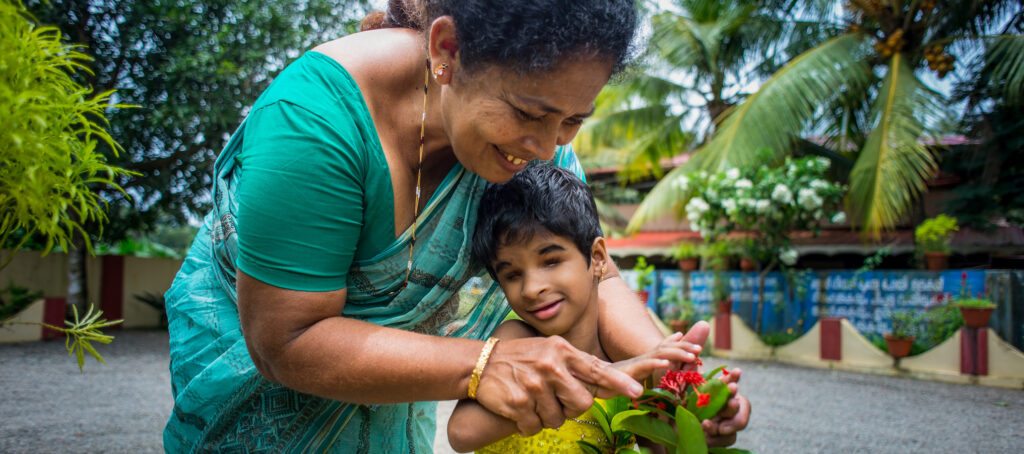
WFDB 1st and 2nd Global Reports on the situation and rights of persons with deafblindness
WFDB published in 2018 its 1st Global Report on the Situation of Persons with Deafblindness which combines the largest population-based analysis of persons with deafblindness conducted to date (disaggregation of 22 population-based surveys from low, middle and high-income countries), an academic literature review, two surveys conducted among WFDB members and partners and Sense International.
In March 2023, WFDB published its 2nd Global Report, which seeks to build on the findings and recommendations of the first global report and consolidates evidence from different regions and diverse group of persons with deafblindness and professionals. The report identifies good practices and case studies, as well as recommendations across thematic areas. The aim of this report is to serve as an advocacy tool for WFDB members and their allies to stimulate collaboration and partnerships to advance the rights of persons with deafblindness and to inform stakeholders on how to foster the inclusion of persons with deafblindness.
Latest news
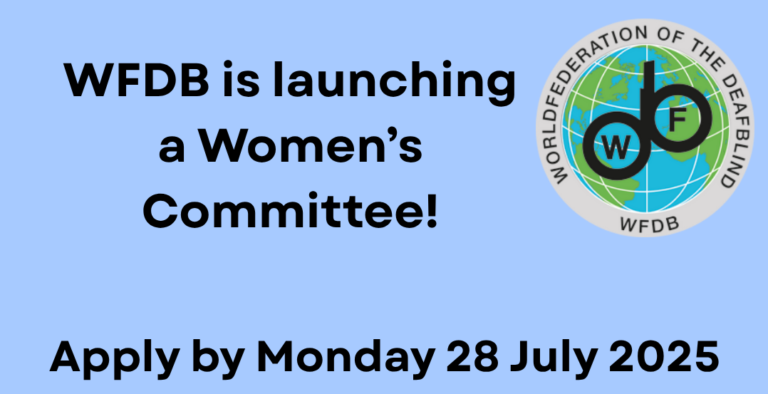
Join WFDB’s Women’s Committee: Call for Deafblind Women
Are you a woman with deafblindness eager to make a difference? We’re excited to announce the formation of a new Women’s Committee at the World
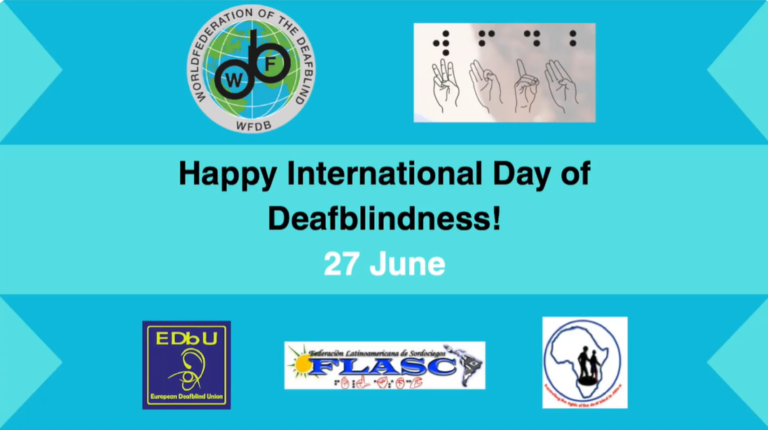
In our own words: celebrating International Day of Deafblindness
Today, June 27, marks the International Day of Deafblindness, and we want to share the voices of persons with deafblindness from around the world. As
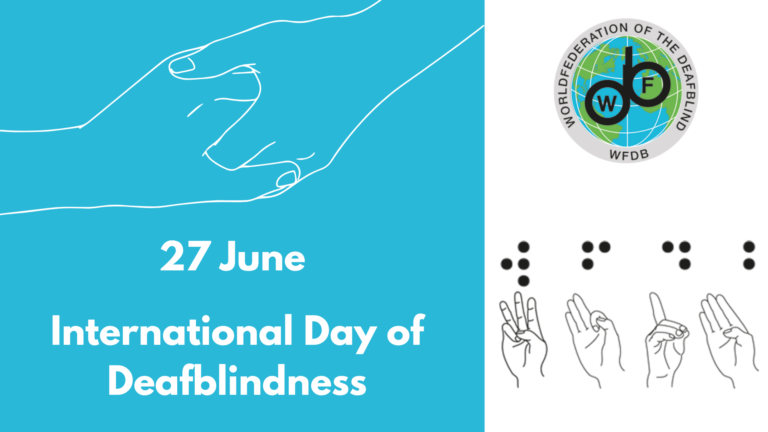
June 27: Marking the World’s First International Day of Deafblindness
On Monday, 16 June 2025, the United Nations General Assembly adopted a landmark resolution officially proclaiming June 27 as the International Day of Deafblindness. This
